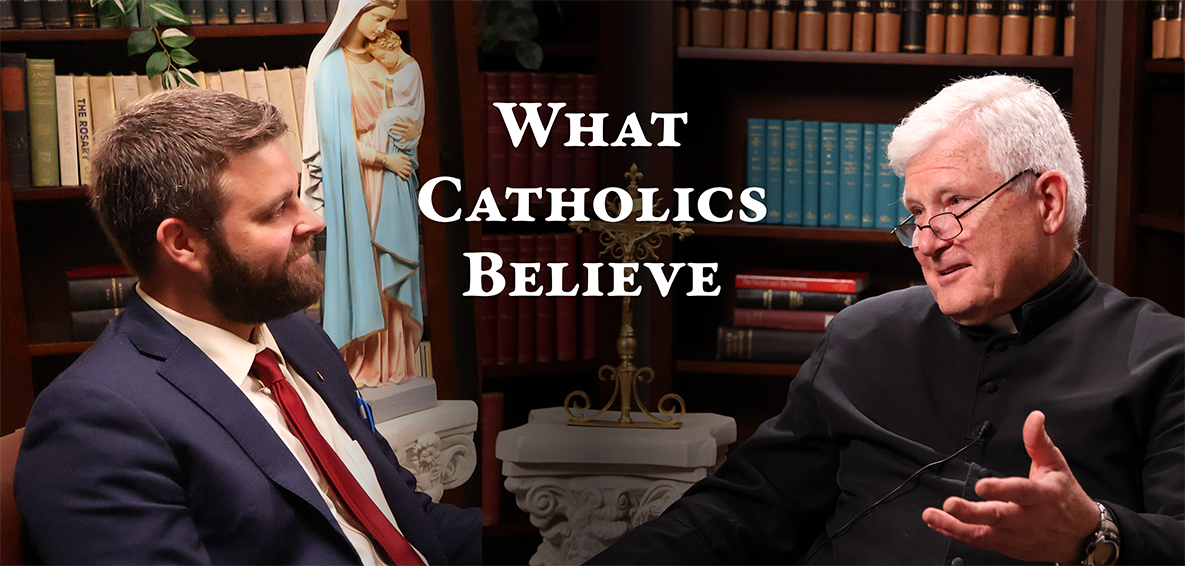Insights into the Committee that Produced the New Order Liturgy

At the end of Vatican II, Paul VI established a committee to produce new rites of Mass and the sacraments. Father Ferdinando Antonelli, O.F.M. was appointed as member of that committee, which was called the Consilium ad exsequendam Constitutionem de Sacra Liturgia -- or simply the Consilium. Valuable insights into the workings of this Consilium appear in the excerpts from Fr. Antonelli's diary entries, as revealed in a recent book by Fr. Nicola Giampetro, O.F.M. Cap. The words of Fr. Antonelli depict a cadre of out-of-control liberals bent on ramrodding through their "advanced" [progressive] agenda, as a few diary excerpts show. Fr. Antonelli writes ...
After the first meeting of the Consilium: "I am not enthusiastic about the work at hand, ... we have a collection of people who are very incompetent and, what is worse, they are 'advanced' in promoting novelties. The discussions are entirely avant-garde in tendency, based on impressions and chaotic desires. What upsets me most is that the reports of the presentations and the corresponding questions are always 'advanced' in approach and phrased in a biased way."
After the second session: "Everything that is 'advanced' is passed ... because that is the Consilium's climate of thought. As a result, there is great hurrying to get one, and people do not take time to reflect ... No sooner has the text been distributed but the examination begins, without anyone having time to reject ... There ought not to be such haste. But people's minds are excited and they want to press ahead."
On April 23, 1967: "The schemas multiply without arriving at a form that is really thought out. Cardinal Lercaro is not the man to direct a discussion. Fr. Bugnini is interested in only one thing: To go ahead and get it finished. The voting system is worse. Generally the votes are made by raising hands, but no one counts the number of hands raised in favor and the number against ... It is a real scandal. Secondly, we have never ben able to find out -- although the question has been raised many times -- what majority is necessary: a two-thirds majority or an absolute majority ... Another grave defect is the absence of minutes of the sessions; this has never been mentioned and certainly no such minutes have ever been read."

